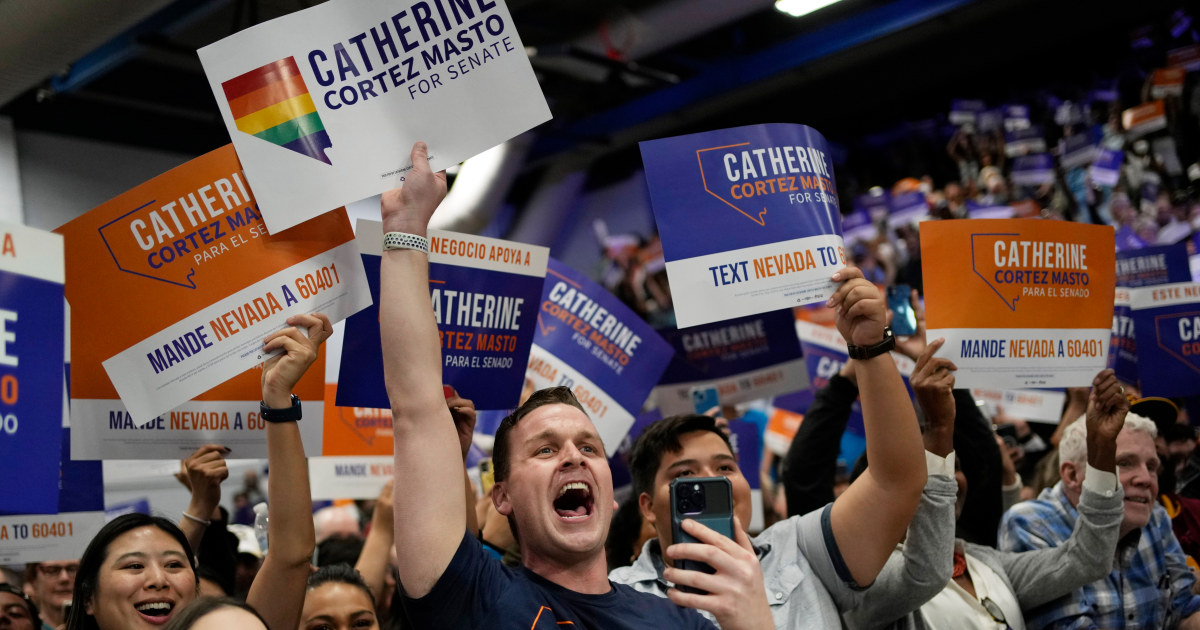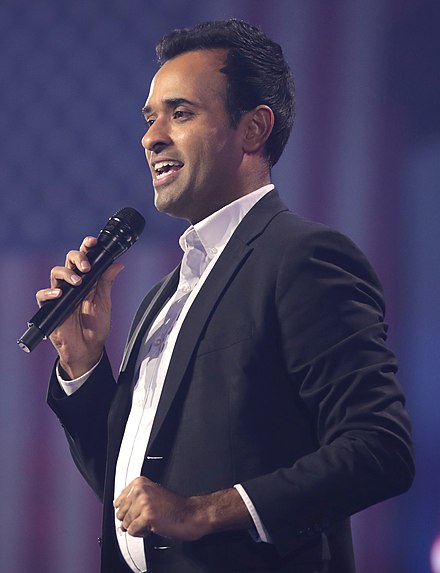PART 3:

Mr. Pritzker’s ability to recruit top talent may be one of his most powerful skills, and one that keeps him in the conversation as Democrats wait for President Biden to decide his own future.Evan Jenkins for The New York Times
“I intend to be impactful in the 2024 elections, helping Democrats run for Congress, helping Democrats run for United States Senate, and helping Joe Biden win re-election,” he said. “But that doesn’t mean that you sit back and write a check to the D.N.C. and say, ‘Hope you get it right. Good luck. Have fun storming the castle.’”
The question still lingers: Could he, if asked, storm the castle himself? Mr. Pritzker is not one to hide his possible liabilities. He jokes constantly about his girth, which is ample. He refers often to his Judaism, which he places at the core of his liberal values and his empathy for society’s underdogs. And he knows well that being a billionaire in the Democratic Party isn’t a positive for many of the party’s voters.
“I’d love to sit back, eat popcorn and watch J.B. Pritzker and Bernie Sanders on a debate stage,” Mr. Davis quipped.
For all his privilege, Mr. Pritzker has struggled. His father, Donald, died of a heart attack at 39, when J.B., his youngest son, was only seven. His mother, Sue, sank into alcoholism — Mr. Pritzker has spoken of childhood fears that she would fall asleep with a cigarette and burn down their Atherton, Calif., house — then tragedy. In 1982, when J.B. was a teenager, she wrecked her car, then, apparently intoxicated, tumbled out of the tow truck she had called and was run over by it.
At 17 he was an orphan, raised in part by his older sister, Penny.
“They had resources, but those don’t make up for the absence of a father and the afflictions of his mother,” said David Axelrod, who watched Mr. Pritzker’s rise as an Illinois political consultant. “He’s had every advantage, but he has suffered emotionally.”
At 33, he made his first lunge into politics, plowing $500,000 of his own money into a House race in Chicago’s heavily Democratic North Shore suburbs in 1998, only to come in third. From there, he devoted himself to business, a venture capital firm, a technology start-up incubator and Mayor Rahm Emanuel’s business and technology council in Chicago.
He returned to politics in 2018, when Bruce Rauner, a Republican governor, was up for re-election after a damaging first term. Mr. Pritzker built a political team of seasoned veterans, led by Anne Caprara, who had been executive director of the Democratic super PAC Priorities USA, and Quentin Fulks, who went on to lead Senator Raphael Warnock’s successful re-election campaign in Georgia last year.
That ability to recruit a diverse and potent team may be Mr. Pritzker’s most powerful skill, and one that keeps him in the conversation as Democrats wait for Mr. Biden to begin his campaign.
“Look, we have only one president at a time,” said Bob Reiter, president of the Chicago Federation of Labor and an ally of the governor. “But one of the things I watched when he became governor was the way he scooped up political and policy talent as he was taking office. His ability to put together a team and put them in the right spot was and still is really impressive.”

Mr. Pritzker’s ability to recruit top talent may be one of his most powerful skills, and one that keeps him in the conversation as Democrats wait for President Biden to decide his own future.Evan Jenkins for The New York Times
“I intend to be impactful in the 2024 elections, helping Democrats run for Congress, helping Democrats run for United States Senate, and helping Joe Biden win re-election,” he said. “But that doesn’t mean that you sit back and write a check to the D.N.C. and say, ‘Hope you get it right. Good luck. Have fun storming the castle.’”
The question still lingers: Could he, if asked, storm the castle himself? Mr. Pritzker is not one to hide his possible liabilities. He jokes constantly about his girth, which is ample. He refers often to his Judaism, which he places at the core of his liberal values and his empathy for society’s underdogs. And he knows well that being a billionaire in the Democratic Party isn’t a positive for many of the party’s voters.
“I’d love to sit back, eat popcorn and watch J.B. Pritzker and Bernie Sanders on a debate stage,” Mr. Davis quipped.
For all his privilege, Mr. Pritzker has struggled. His father, Donald, died of a heart attack at 39, when J.B., his youngest son, was only seven. His mother, Sue, sank into alcoholism — Mr. Pritzker has spoken of childhood fears that she would fall asleep with a cigarette and burn down their Atherton, Calif., house — then tragedy. In 1982, when J.B. was a teenager, she wrecked her car, then, apparently intoxicated, tumbled out of the tow truck she had called and was run over by it.
At 17 he was an orphan, raised in part by his older sister, Penny.
“They had resources, but those don’t make up for the absence of a father and the afflictions of his mother,” said David Axelrod, who watched Mr. Pritzker’s rise as an Illinois political consultant. “He’s had every advantage, but he has suffered emotionally.”
At 33, he made his first lunge into politics, plowing $500,000 of his own money into a House race in Chicago’s heavily Democratic North Shore suburbs in 1998, only to come in third. From there, he devoted himself to business, a venture capital firm, a technology start-up incubator and Mayor Rahm Emanuel’s business and technology council in Chicago.
He returned to politics in 2018, when Bruce Rauner, a Republican governor, was up for re-election after a damaging first term. Mr. Pritzker built a political team of seasoned veterans, led by Anne Caprara, who had been executive director of the Democratic super PAC Priorities USA, and Quentin Fulks, who went on to lead Senator Raphael Warnock’s successful re-election campaign in Georgia last year.
That ability to recruit a diverse and potent team may be Mr. Pritzker’s most powerful skill, and one that keeps him in the conversation as Democrats wait for Mr. Biden to begin his campaign.
“Look, we have only one president at a time,” said Bob Reiter, president of the Chicago Federation of Labor and an ally of the governor. “But one of the things I watched when he became governor was the way he scooped up political and policy talent as he was taking office. His ability to put together a team and put them in the right spot was and still is really impressive.”
 this 'crowded field' theory is gonna turn out to be bullshyt. we already know no one in DC will dare be seen as challenging trump
this 'crowded field' theory is gonna turn out to be bullshyt. we already know no one in DC will dare be seen as challenging trump 






